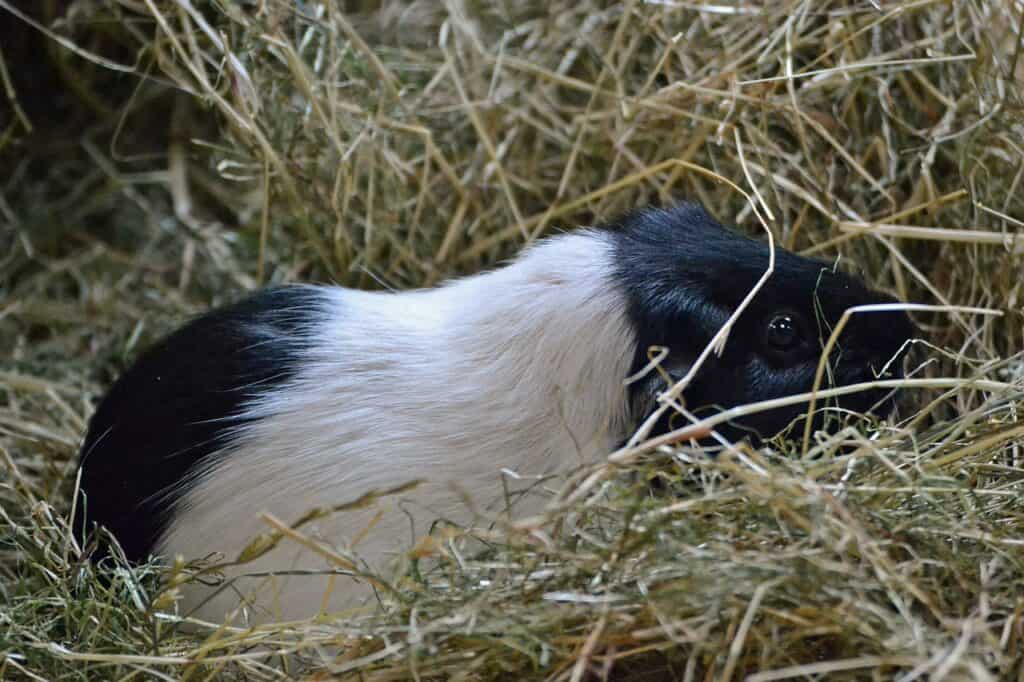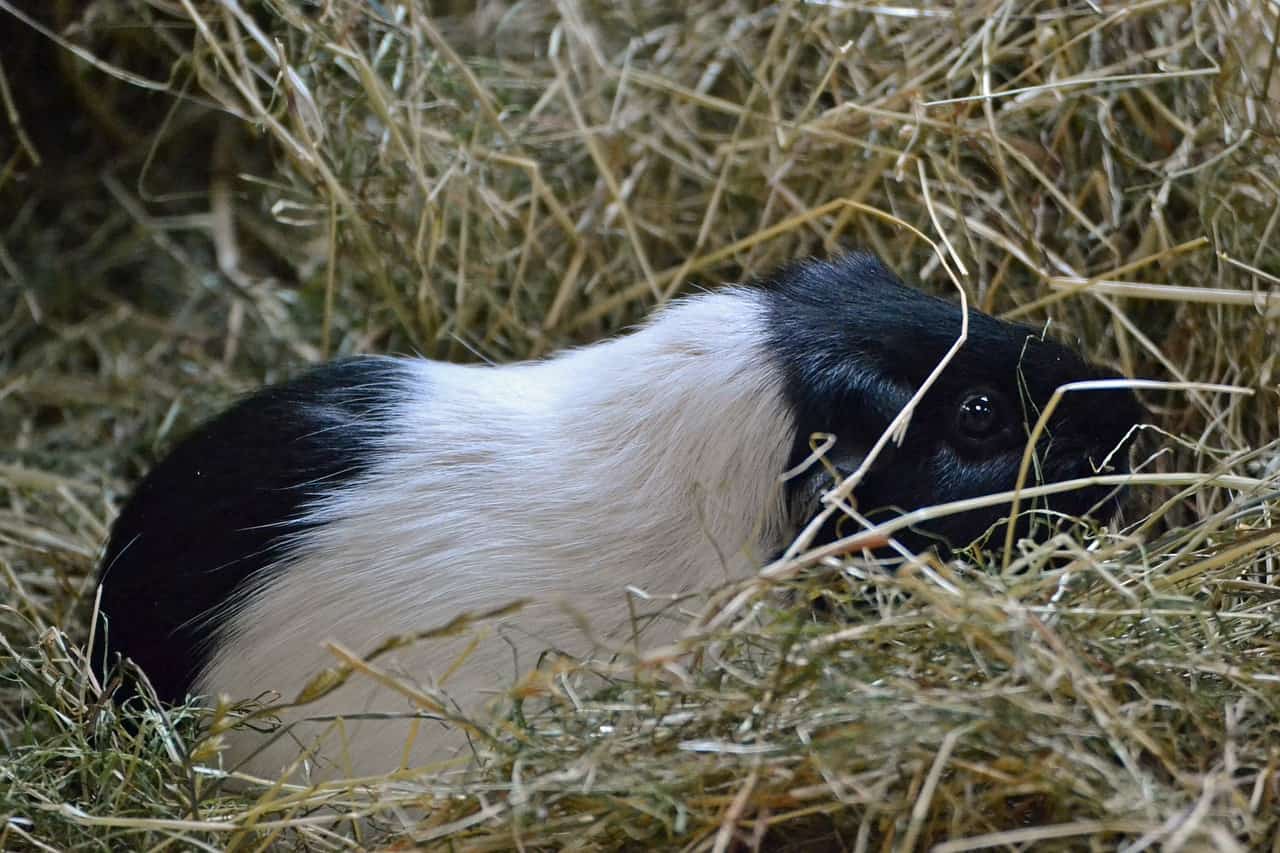Maintaining Hygiene and Comfort: A Guide to Frequency of Changing Guinea Pig Bedding
Maintaining hygiene and comfort for our beloved guinea pigs is vital to their overall well-being. One of the most important aspects of ensuring a clean and comfortable living environment for these furry companions involves regularly changing their bedding.
However, determining exactly how frequently this should be done can be perplexing for many guinea pig owners. In this comprehensive guide, we will explore various factors that influence the frequency of bedding changes, including odor control, cleanliness standards, and the specific needs of these adorable pets.
By understanding and implementing the appropriate practices outlined in this article, you can provide your guinea pigs with a sanitary and cozy habitat they truly deserve.
Factors influencing the frequency of bedding changes
- Size of the cage: The size of your guinea pig’s cage can have a direct impact on how often you need to change their bedding. A larger cage allows for more space for your guinea pig to move around and play, which means they are less likely to soil their bedding as quickly. On the other hand, a smaller cage may require more frequent bedding changes to maintain hygiene and comfort.
- Number of guinea pigs: The number of guinea pigs in your care also plays a role in how often you should change their bedding. More guinea pigs mean more waste, which can lead to quicker contamination and odor buildup. If you have multiple guinea pigs sharing a cage, it is recommended to increase the frequency of bedding changes accordingly.
- Type of bedding material: Different types of bedding materials have varying levels of absorbency and odor control properties. Some materials, like wood shavings or paper-based pellets, may need to be changed more frequently compared to highly absorbent beddings such as fleece liners or newspaper shred due to their ability to retain moisture and mask odors.
- Guinea pig’s health condition: If your guinea pig has any health issues that result in increased urine production or soiling accidents, it is important to adjust the frequency of bedding changes accordingly. Consult with a veterinarian if you notice any significant changes in your guinea pig’s bathroom habits that could affect their hygiene and comfort.
By considering these factors, you can determine an appropriate schedule for changing your guinea pig’s bedding that promotes both cleanliness and comfort for your furry friend.

Odor control: How often should bedding be changed?
Frequency of Changing Guinea Pig Bedding
- Optimal hygiene for guinea pigs involves changing their bedding regularly.
- Due to their sensitive respiratory systems, it is important to keep the bedding clean and odor-free.
- The frequency of changing guinea pig bedding depends on certain factors such as the type of bedding used and the number of guinea pigs in the enclosure.
- For paper-based or wood shavings bedding, it is recommended to change it every 3-4 days.
- However, if you spot any strong odors or excessive waste buildup, it may be necessary to change the bedding more frequently.
- Fleece liners can be a good alternative as they are reusable and only need changing once a week.
Signs that Bedding Needs Changing
To ensure optimal comfort for your furry friends, pay attention to these signs that indicate when it’s time for a fresh batch of bedding:
- Unpleasant Odor: If you detect a strong smell emanating from the cage despite regular cleaning, this suggests that the current bedding needs changing immediately.
- Soiled and Wet Spots: Guinea pigs tend to urinate in specific areas. If you notice wet patches on their bedding or see clusters of feces, it’s time for new material.
- Poor Hygiene Habits: If your guinea pig starts exhibiting unusual grooming behavior like dirty fur due to soiling from dirty litter material, consider refreshing their surroundings more frequently.
Remember that maintaining cleanliness not only prevents foul smells but also helps prevent potential health issues caused by poor hygiene practices. By keeping an eye on odor levels and waste buildup, you can ensure your beloved guinea pigs enjoy a sanitary living environment.
Maintaining cleanliness standards for guinea pig bedding
To ensure a healthy living environment for your furry friend, it is important to maintain cleanliness standards when it comes to their bedding. Here are some tips on how often you should change the guinea pig bedding:
- Spot cleaning: It is recommended to spot clean the cage daily by removing any soiled or wet areas of bedding. This helps prevent odors and keeps your guinea pig’s space fresh and hygienic.
- Partial changes: Every few days, consider doing a partial change of the bedding by replacing around 25% of the old material with fresh bedding. This helps maintain overall cleanliness without causing too much disruption to your pet’s routine.
- Full changes: Once a week, it is advised to do a full change of all the guinea pig bedding. This involves removing everything from the cage, thoroughly cleaning it with mild soap and water, and adding new clean bedding.
Remember that each guinea pig may have different needs based on their size, activity levels, and overall hygiene habits. Observing their behavior and checking for any unpleasant smells or excessive mess will help determine if more frequent changes are necessary. By following these guidelines, you can provide a comfortable and sanitary environment for your beloved pet.
Meeting the specific needs of guinea pigs through bedding changes
Regularly changing the bedding in your guinea pig’s cage is essential for maintaining their hygiene and comfort. Here are a few key points to consider:
- Respiratory health: Guinea pigs are prone to respiratory problems, so it’s important to choose a suitable bedding that minimizes dust and provides good air circulation.
- Absorbency: Guinea pigs urinate frequently, so opting for an absorbent bedding material helps keep their living area clean and dry.
- Comfortable texture: Guinea pigs have sensitive feet, so selecting soft and comfortable bedding will ensure they can move around without discomfort or potential injury.
- Understanding odor control
Choosing the right type of bedding also plays a crucial role in controlling odors. Some options may be more effective at neutralizing smells than others.







